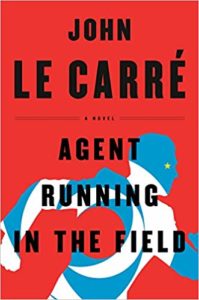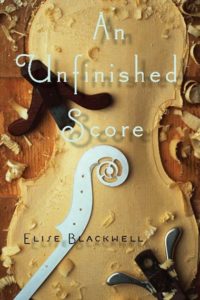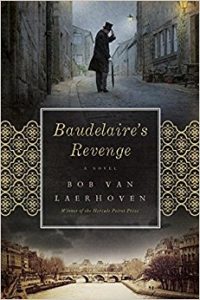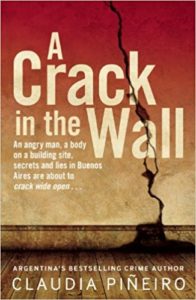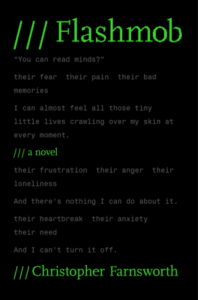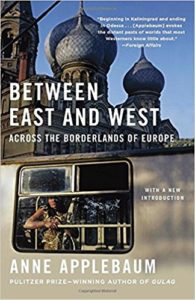Is there any writer who knows the workings of intelligence agencies better than John le Carré? The famed novelist served in MI5 and MI6 and every book of his opens up those worlds with stunning authenticity.
His latest is set in contemporary London, a city over-heated by Russian and Ukrainian billions snatching up real estate. Nat is a middle-aged, slightly stuffy, introspective handler of agents who is finally back from missions abroad and expecting a much quieter life. Ed is a young, gangling, motormouth “researcher” who is bursting with scathing opinions about Brexit, the United Kingdom, and Donald Trump. He rants and Nat listens with only occasional comments.
What’s brought this odd couple together? Badminton. That’s right. Nat, who’s the novel’s narrator, is a champion player at a ritzy club where Ed seeks him out in order to challenge him.
Since this is a spy novel, you wonder immediately if either of them is telling the truth about themselves and what their motives are in this relationship–though how they feel about the sport seems real enough. And the game itself, as Nat describes it, sounds a bit like spying: “Badminton is stealth, patience, speed and improbable recovery. It’s lying in wait to unleash your ambush.”
Ed’s brashness may just be due to his youth, but the witty, cultivated, silky smooth way Nat tells their story raises alarm bells for any fan of spy novels–and of course for the countless readers of one of our most admired authors of the genre. What is he up to? What has he done? Why is he recounting this tale and who is his audience?
The story unreels. The two men play, they grab a drink after their games, they talk. Well, Ed talks. Ed overflows with opinions about how Brexit is a colossal disaster, ditto the Trump presidency, and even though he agrees, you have to wonder why Nat bothers listening. In part, it’s boredom with his new assignment: being in charge of a small Russia-focused London intelligence outpost that feels like Cinderella left behind while her stepsisters flounce off to the Prince’s ball.
But life at that sleepy little substation suddenly turns dramatic with a surprising resignation, hard work for a mission that’s aborted, Nat’s unexpected trip to meet a cynical old agent of his in the Czech Republic, and the search for a highly-placed traitor. As the story heats up amidst inter-service rivalry and bureaucratic sniping, Ed seems to fade from view until he and Nat watch the notorious TV appearance of Trump and Putin at Helsinki.
That bizarre encounter with the press is matched by one delicious twist after another in Agent Running in the Field. The book triumphs in multiple ways. First there’s the author’s enthralling exploration of spycraft and intelligence tools that makes you feel you’re being taken through a secret museum with an excellent tour guide in Nat.
Then there’s the voice of that guide: elegant, seductive, amusing, with a touch of world-weariness. Or as he might put it–because Nat loves tossing out the odd bit of French–a soupçon d’ennui. And finally, Nat and his wife, a successful human rights lawyer, make some surprising decisions that blow up everything you thought was going to happen.
Fast-paced, wildly topical, and worthy of another prestige mini-series like The Night Manager, John le Carré’s latest novel is as thought-provoking as any he’s written in over fifty justly celebrated years. It’s a fast read, and it’s a devastating look at power, loyalty, and the current chaos of international relations.
Lev Raphael is the author of State University of Murder and 25 other books in genres from memoir to mystery. He’s reviewed books for The Washington Post, The Detroit Free Press and many other media outlets. His intro online creative writing workshop “Mystery Writing 1.0” runs December 1-31.

